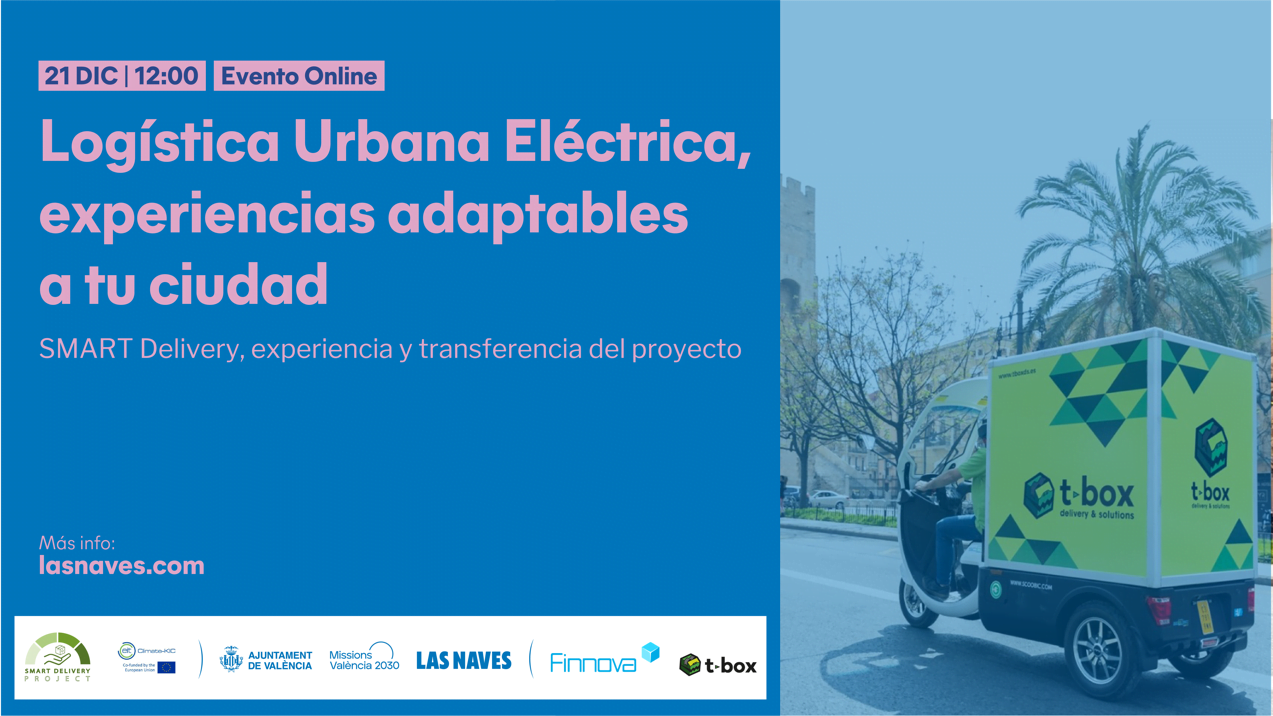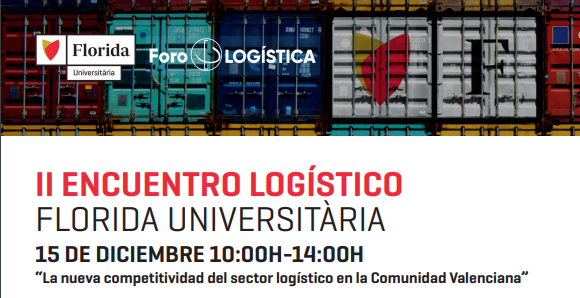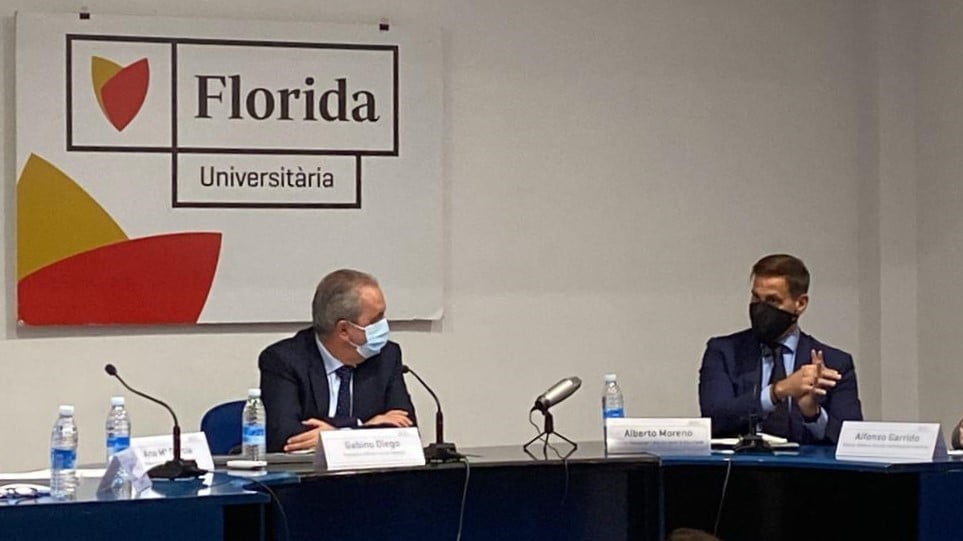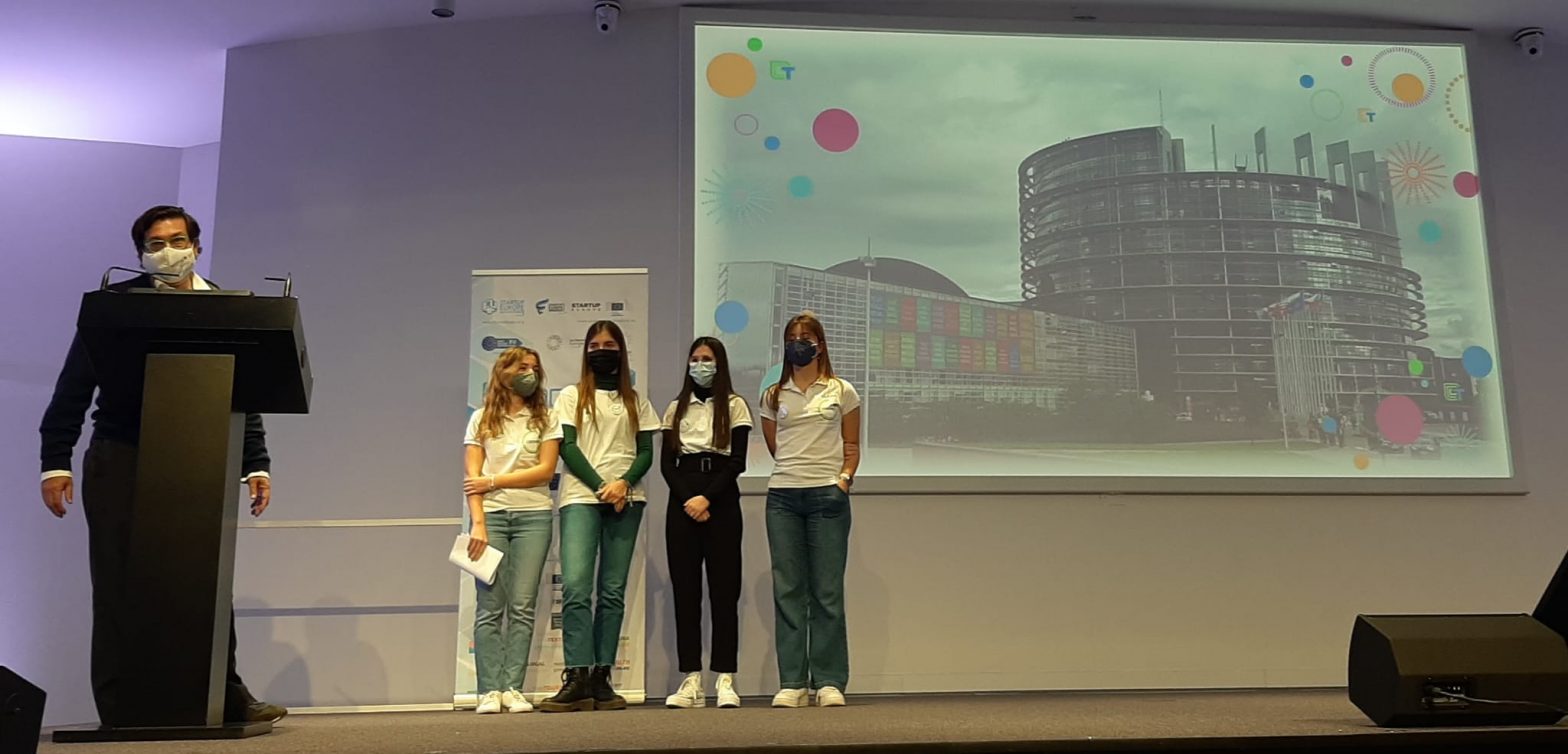Brussels, 10.12.2021 – Today, Friday 10 December, the United Nations celebrates World Human Rights Day, in commemoration of the Universal Declaration of Human Rights. The European project CircularInnoBooster and its accelerator CirCoAX undertake to ensure the rights and freedoms stipulated in the charter for all workers involved in the chain of supply of the fashion and textile industry.
The World Bank estimates that 1 in 8 of the global workforce is linked in some way to the fashion industry. Unfortunately, human rights are not always guaranteed. The fast fashion industry promotes a production model that, in addition to polluting, deprives many of the people who work in it of basic rights such as working hours, working conditions and decent wages. Women in the garment factories of the Global South, which represent the largest percentage of the textile production fabric in these countries, suffer abuse and exploitation. Child labour is also a problem in certain phases of the production process.
The Human Rights and the Sustainable Development Goals provide a basis in the international context, but their fulfilment is only possible through their incorporation in each of the public and private sector policies. This day gives us the opportunity to remember and act in favour of the fulfilment of these ideals and to recognise that we face global challenges such as poverty, inequality, violence, exclusion and discrimination.
The CirCoAX accelerator helps to scale up innovative European projects in the fashion and textile sector that not only contribute to transforming this industry under the circular economy model, but also improve the situation of people. Producers, manufacturers, designers, suppliers and consumers can demand the fulfilment of their rights and actively participate in building a fairer world. Despite its European scope, the project aims for all accelerated proposals to transfer these values to all sectors and actors with which they are related. Likewise, CircularInnoBooster is born with the intention of replicating and transferring good practices to other regions, extending this model on a global scale.
From CircularInnoBooster and the CirCoAX accelerator, we invite all those actors and sectors that share these principles to demand respect for Human Rights, creating bridges and channels for cooperation and collaboration.
About COSME
COSME is the programme for the Competitiveness of Enterprises and Small and Medium-sized Enterprises by the European Commission’s Executive Agency for Small and Medium-sized Enterprises (EASME).
This programme assists SMEs to develop their business models, to receive funds, and to internationalise. This scheme also supports public administrations to enhance the entrepreneurial environment and to facilitate the economic growth of the EU. During the funding period of 2014-2020, this programme allocated €2.3 billion to support SMEs.
About IED
Istituto Europeo di Design is an academic institution working in education, training, and the research of fashion, design, visual communication, and management. IED has offices in Spain (Madrid and Barcelona), Italy (Milan, Rome and five other cities) and Brazil (São Paulo and Rio de Janeiro). IED works in several EU and COSME countries through collaborations and arrangements with institutions, business support organisations, teachers, experts, and mentors. IED has an extensive network of connections in the fashion and textile sector (F&T).
About Finnova Foundation
Finnova is a foundation working to promote and develop innovation and entrepreneurship across the EU. Headquartered in Brussels, it works through collaborations and partnerships across all EU countries. Finnova’s experience in communicating and disseminating European projects is coupled with an extensive and grounded experience in creating businesses and programmes to support enterprises, such as accelerators, incubators, and the selection and organisation of ceremonies and events.
About Texfor
Texfor is a leading textile association in Spain with roughly 400 members. Founded in 2010 and based in Catalonia, Texfor brings together enterprises from the textile value chain, i.e. from weaving to fabrics as well as accessories, textile finishing, printing, and dyeing for the dressmaking industry, textiles for households, and technical and industrial applications. Texfor has an extensive expertise as it has worked in relevant expert committees at an EU level: university and professional training, developing financial capacities, cross-cutting collaboration, fostering RDI, specialised services, and leadership in sustainability focused on the circular economy.
About Circulab
Circulab is a laboratory and design studio specialising in developing transformation methods, tools and programmes to help enterprises adopt circular and sustainable business models. Circulab has designed several tools to implement a circular business model in enterprises. It works in 23 countries – 9 out of them in the EU – and it supports projects via 60 independent entrepreneurial consultants. It applies circular methodologies and tools.
About The Circular Project co-designed with HumanNation
TCP (The Circular Project) favours and promotes a circular and sustainable fashion in different areas, offering the fashion industry a communication strategy based on a cross-cutting and systemic approach of the circular economy. TCP combines social, ethical, environmental, and economic aspects, and has a strong presence as well as connections in the sustainable fashion world. TCP has promoted the Circular Sustainable Fashion Week Madrid, a one-of-a-kind event, and also serves as HQ for the Spanish Association for the Sustainability, Innovation and Circularity in the Fashion Industry. TCP is also ambassador of Sannas (Triple Bottom Line Business Association) and has collaborated with a wide array of Spanish, European, and Latin American institutions and enterprises.
The Circular Project works with HumanNation to co-design and develop CirCoAX. HumanNation is a consultancy enterprise specialising in the development of transformative and disruptive ecosystems of innovation and companies for the ‘new economy’. It is based on the fourth economic sector, the systemic thinking, and co-creation. It raises awareness in organisations and ecosystems to respect the planetary boundaries and the social fabric, creating resilient local economies with a global perspective.











